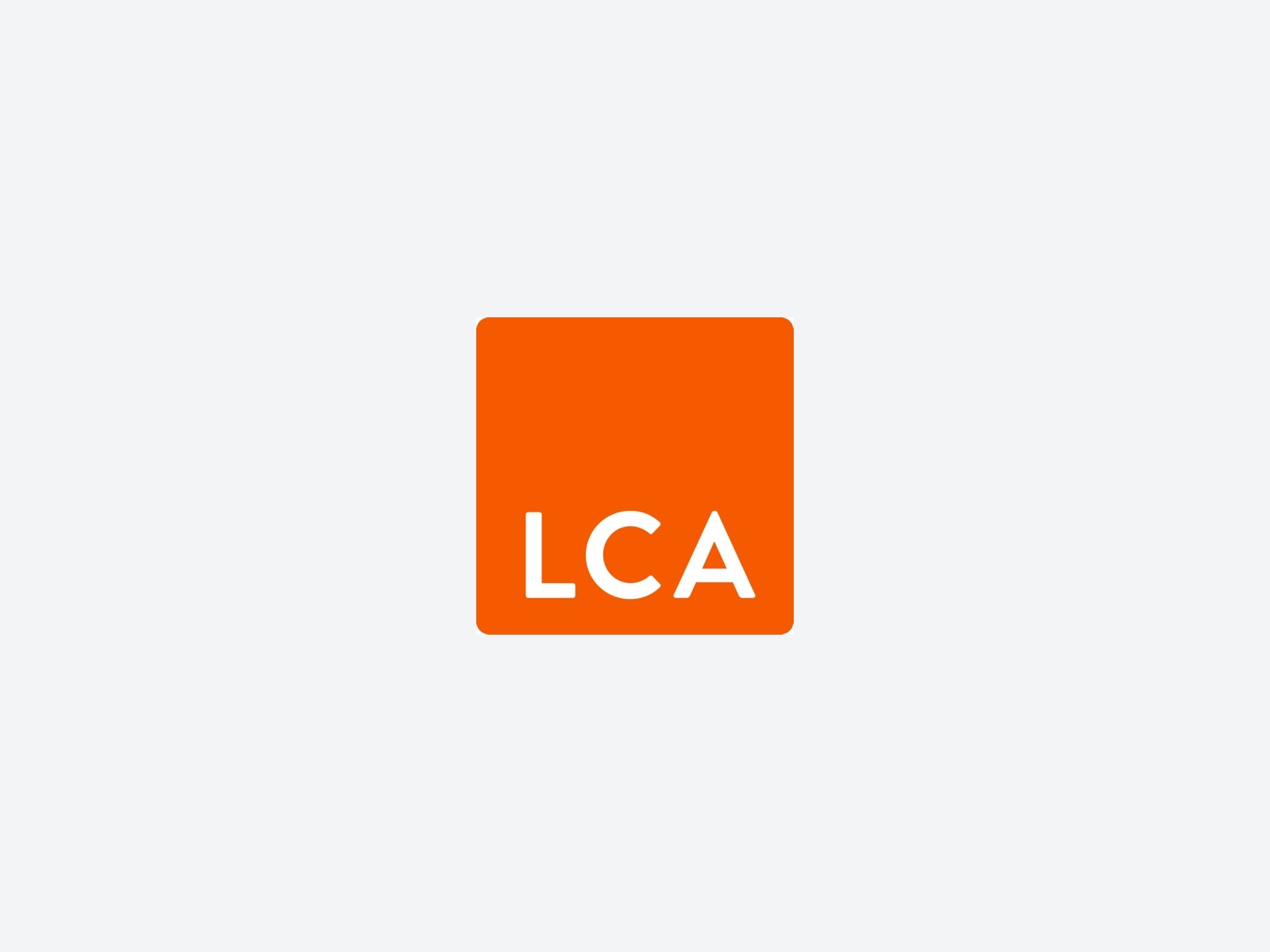Case: Bonggi is a Korean aerospace engineer and he is employed, as a highly-skilled worker by a multinational company based in Seoul, with subsidiaries in Italy and several other European countries. The employer intends to temporary transfer Bonggi to Italy and possibly to other subsidiaries in the EU, in order for the hosting company to benefit from his expertise and deep knlowledge and thus increase its business activities.
Question: what are the options for Bonggi to obtain a work visa and a residence permit for Italy that would allow him to temporarily live in the country and carry out his professional activities?
Solution: Considering that Bonggi is a higly-skilled employee, has been working in the engineering field for many years and has acquired a solid experience, the new EU ICT (intra-company transfer) work visa and residence permit might be particularly interesting and appealing for his case, especially because it seeks to also encourage the intra-company mobility of third-country managers and higly skilled workers between member States of the European Union.
The EU ICT work permit was introduced by EU Directive 66/2014 and trasposed into Italian Immigration Law by means of article 27 quinquies of Legislative Decree 286/98. It can be requested by those third-country nationals, employed by a foreign company, who need to be temporarily seconded to a branch or a subsidiary located in the Italian territory and who meet the following requirements:
- they are employed as managers/executives, higly-skilled workers or trainee workers;
- they have been employed by the transferring company for at least 3 (three) uninterrupted months prior to the date of transfer; and
- the total duration of their assignment in Italy, including extensions, is not longer than 3 (three) years for managers and highly skilled professionals and 1 (one) year for trainee workers.
If the above-mentioned requirements are duly met, the procedure for the obtainmment of the EU ICT work permit entails several steps and involves different authorities. First of all, the Italian host company shall file a nominative request for the issuance of the work authorization (nulla osta al lavoro) to the compent Italian immigration authorities (Sportello Unico per l’Immigrazione), and submit the necessary supporting documents, among which the most crucial are:
- secondment letter including the details of the secondment to the Italian subsidiary;
- official document (by way of example, but not limited to, company registration report) proving the existance of a corporate link between the transferring Koean company and the Italian host one; and
- Certificate of Coverage (CoC) in light of the existance of a bilateral agreement on social security between Korea and Italy.
Once the nulla osta has been issued by the competent authorities, Bonggi will be entitled to apply for an entry visa for subordinate work purposes at the Italian Embassy or Consulate in his country of residence. With the entry visa duly stamped on his passport, Bonggi will be able to travel to Italy and, within 8 days from his arrival, he will be requested to apply for the issuance of the EU ICT final work permit.
Bonggi’s residence permit will have the same duration as his initial assignment in Italy, and it can be renewed for futher periods, within the 3-year limit expressly provided for managers and higly skilled workers pursuant to article 27 quinquies above.
Should his employer be really intentioned to send him to work for other subsidiaries in other EU member States, such as France or Spain for example, for a short period in any case not longer than 90 days, in force of the valid EU ICT work permit issued by Italian immigration authorities, Bonggi would be allowed to be temporarily transfrred without having to previously obtain a new work authorization and a new entry visa.
Only in the case in which his assignment was longer than 90 days, and depending on each member State’s particular immigration rules, the host entity could be required to inform the local authorities about Bonggi’s presence in the national territory and to apply for and obtain a specific work authorization, in any case without the need to exit the EU but carrying out the procedure directly in the other EU country.
